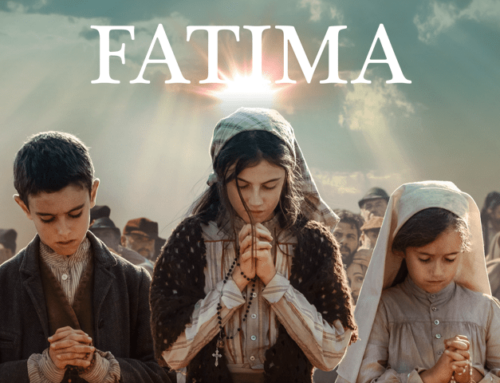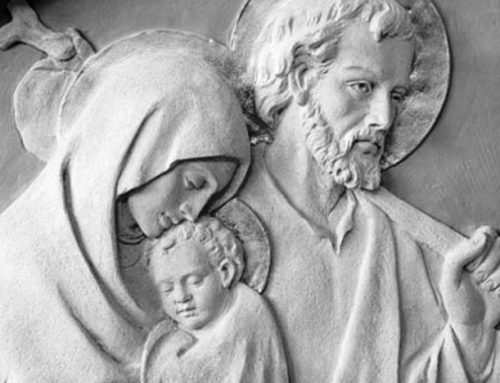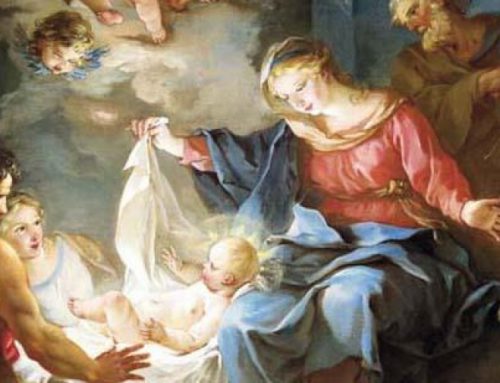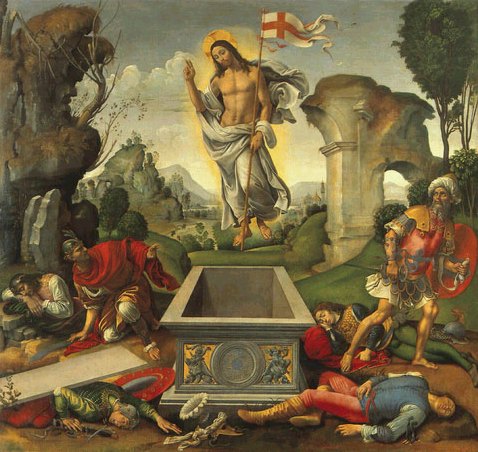All six patriarchs – the Catholics, Orthodox and Syrians – hold a historic meeting, returning in spirit to Antioch, the early centre of Christianity: “Christians must stay united in trying times”
All six patriarchs – the Catholics, Orthodox and Syrians – hold a historic meeting, returning in spirit to Antioch, the early centre of Christianity: “Christians must stay united in trying times”
Together, united by the spirit of the Church of Antioch, where – according to the Acts of the Apostles – Jesus’ followers were called Christians for the first time. Six bishops and patriarchs who whilst representing different denominations hold the spirit of the ancient patriarchal see of Antioch alive, met at the University of Balamand in Lebanon in recent days, to send out a sign of unity among Christian communities, as has never been done before. The meeting took place in the midst of the storm that has turned the Middle East upside down over the past years.
The Greek Orthodox patriarch Youhanna X, who endorsed the initiative, invited all five other bishops whose titles – including his – carry the name of Antioch, to the meeting. In the early centuries when the Church had not yet split, Antioch was one of the major centres of Christianity, along with Jerusalem, Rome, Alexandria and Constantinople. The Maronite Patriarch Bechara Rai, the Syro-Orthodox Patriarch Ignazio II Ephrem, the Melkite Patriarch Gregory III Laham, the Syro-Catholic Patriarch Ignazio Younan and the Armenian Catholic Patriarch Nersès Bedros all attended. The list itself is illustrative of the division between Lebanese and Syrian Christians, caused by the wounds of history. Nevertheless, as Francis recalled in Jerusalem during his meeting with the Patriarch of Constantinople, Bartholomew I, these denominations are now living in a context in which those who are trying to foment hatred against Christians do not pay much attention to these differences, they discriminate against Christians in general.
Besides the ecumenical significance the “Antiochian meeting” holds for the Middle East, it was also an opportunity for the patriarchs to speak with one voice to address key issues Christians are faced with in the region today. A special appeal was sent out to Lebanon, which, for a long time now, has been crippled by an institutional crisis and by constant attacks which are threatening that climate of freedom it has so far managed to maintain, despite the many difficulties which have been intensified by the ongoing war in nearby Syria. In their joint appeal to Lebanese politicians, the patriarchs urged them “to look beyond personal interests in order to speed up the process of electing a president who will safeguard the country’s unity and restore the normal functioning of its institutions, allowing the state to deal with the big economic, social and security challenges it faces.”
The patriarchs also turned their focus to the Christians of Northern Iraq and Syria which has been afflicted by a war that has dragged on for over three years. They called for violence to be replaced with “the language of justice and reconciliation” and for faithful to “always welcome Christians of other denominations as well.” They urged people to do their utmost not to leave “the lands that have been formed from the sacrifices of past generations” and where the Middle East’s Christian communities have a special vocation for witnessing the faith. Finally, the patriarchs appealed once again for the release of all that have been kidnapped, above all the two bishops of Aleppo – the Greek Orthodox bishop Boulos Yazigi and the Syro-Orthodox bishop Youhanna Ibrahim – who have been missing for fourteen months.







Leave A Comment
You must be logged in to post a comment.